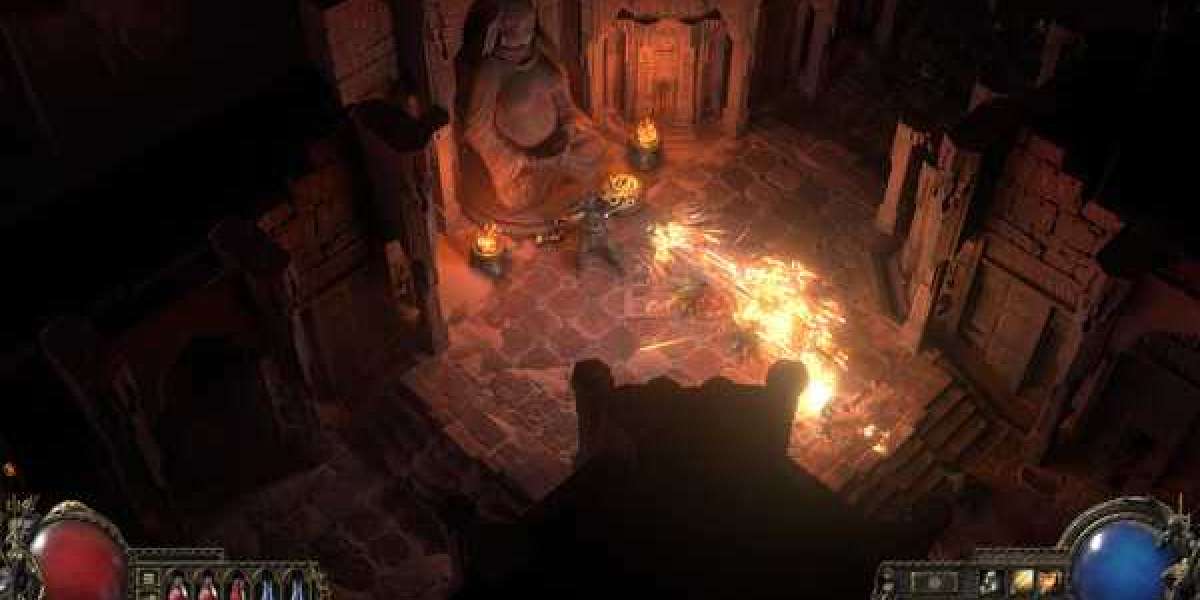Pain appears to us as the sensation provoked by injury. A trusted, impressive physician prescribes the very latest analgesic for your pain, and the pain disappears. It can help to talk to someone else who has experienced similar pain themselves and understands what you're going through. Some doctors appear to believe that if a patient's pain is outside of the normal anatomical nerve distribution for where the abnormality is located, the patient must be malingering, or imagining the pain. People have used essential oils, herbs, and alternative therapies as natural pain relievers for hundreds of years. Researchers have not fully explored these options, but some evidence suggests that certain remedies can help, and that many people find them useful. Unfortunately, the things that make pain so effective at helping us survive in a physically dangerous world are the very things that make chronic pain so complex and so persistent. Numerous studies have confirmed acupuncture’s effectiveness in treating pain, and the World Health Organization includes pain on its list of conditions for which acupuncture is beneficial.

Pain is an individual experience and each patient will have their analgesic regimen tailored to their needs and the type of pain they have. A common problem with chronic pain is that if you have chronic pain, you often start using your body in different ways to try to lessen your pain. If this is happening to you and you recognize the changes, you are on the right track. Pain is a protective response that makes you do (or not do) something to protect the painful body part. Sometimes conventional medicine—such as prescription medication—is not effective at treating chronic pain associated with certain medical conditions, such as fibromyalgia and rheumatoid arthritis. But some people living with chronic pain find relief with complementary and alternative medicine (CAM). General practitioners have recommended PRP Treatment as a treatment for chronic pain.
Sharp Pains
We have danger detectors – called nociceptors – spread throughout most of our body. Pain is usually triggered when the brain receives messages from these nociceptors when they detect something potentially harmful. This message is sent to the brain as a signal that there may be danger. The brain then evaluates this message and decides whether the body needs protecting by producing pain. Beyond an initial period of pain, hospital patients are often surprisingly long periods of fatigue, depression, and malaise. When we are faced with very stressful situations, especially when we feel trapped and unable to find a solution, our bodies react as if we are in grave danger. Everybody is individual and pain is a subjective and personal experience, as is healing time after an initial injury, depending on the severity of the injury and the structure of the tissue involved. Chronic or persistent pain does not indicate physical threat or potential damage to the body as it does in acute pain. However, this does not mean that the pain being experienced is any less real, or any different in how it feels. Some patients have had great success with PRP Injection for their pain management.Young people with untreated or poorly treated chronic pain often drop out of school and can become socially withdrawn and isolated. They are at risk of mental health issues such as anxiety and depression. Their families are also affected, with parents missing work, siblings marginalised and the impact of ongoing stress. Don’t go looking for a quick fix magic pill or injection or online gimmick to fix your body for you – you need to retrain your system and no one else can do that. Anger is a much healthier response to being hurt than is fear. When one is trapped and powerless, fear is manifest. However when one is powerful, it is possible to express anger and to overcome someone who is causing us harm. The context of pain and the meaning it has for the sufferer can determine how pain is perceived. Many people struggle with chronic pain, yet each person's experience is unique. So there's no one treatment or approach that's right for everybody. The good news is that there are things you can do to feel better. People experiencing persistent pain have had it alleviated with a Prolotherapy treatment.
Staying Physically Active
There are many organisations, most of them charitable, whose aim is to support people with pain or painful conditions. A few organisations are broad in what they focus on, relating to pain in general, but many are related to a specific condition such as arthritis or shingles. Chronic pain can cause you to lose your confidence, and make it hard for you to express your needs. If you can't say what you need, you may find yourself dealing with more pain and discomfort, and feeling more tense – and tension can increase your pain. Health care professionals are experts in health conditions, and they can be your most valuable consultants. But you are the expert about your own life and how pain affects your daily life. Pain can affect our ability to do things we enjoy or feel good about, such as working, engaging in enjoyed activities or seeing our friends. If you get a minor (first degree) burn, the associated pain is normal and probably doesn’t require doctor’s attention. If stub your toe or bump your knee, short-term pain is normal. Treatments such as Prolotherapy UK can really help a patients quality of life.If you find you're having difficulty managing your pain, ask the GP for a referral to a specialist pain clinic. Pain clinics offer a wide range of treatments and support. They aim to support you in developing self-help skills to control and relieve your pain. All of us fear pain and doubt our own ability to withstand it. Cognitive behavioral therapy, or CBT, is a common type of psychotherapy, involving an experienced therapist to explore how your thoughts, feelings, and behaviors may be impacting your pain. Therapists can help you identify unhealthy patterns, and guide you to develop better patterns of thought to live a healthier, happier life. One can unearth extra information on the topic of Pain Relief Recommendations at this the NHS link.
Related Articles:
Further Information On Cures for PainExtra Information On Pain Support Gateways
Extra Insight About Pain Management
Extra Insight On Pain Antidotes
Additional Findings With Regard To Pain Support Gateways
Further Insight With Regard To Pain Relief Recommendations
Additional Information With Regard To Pain Relief










